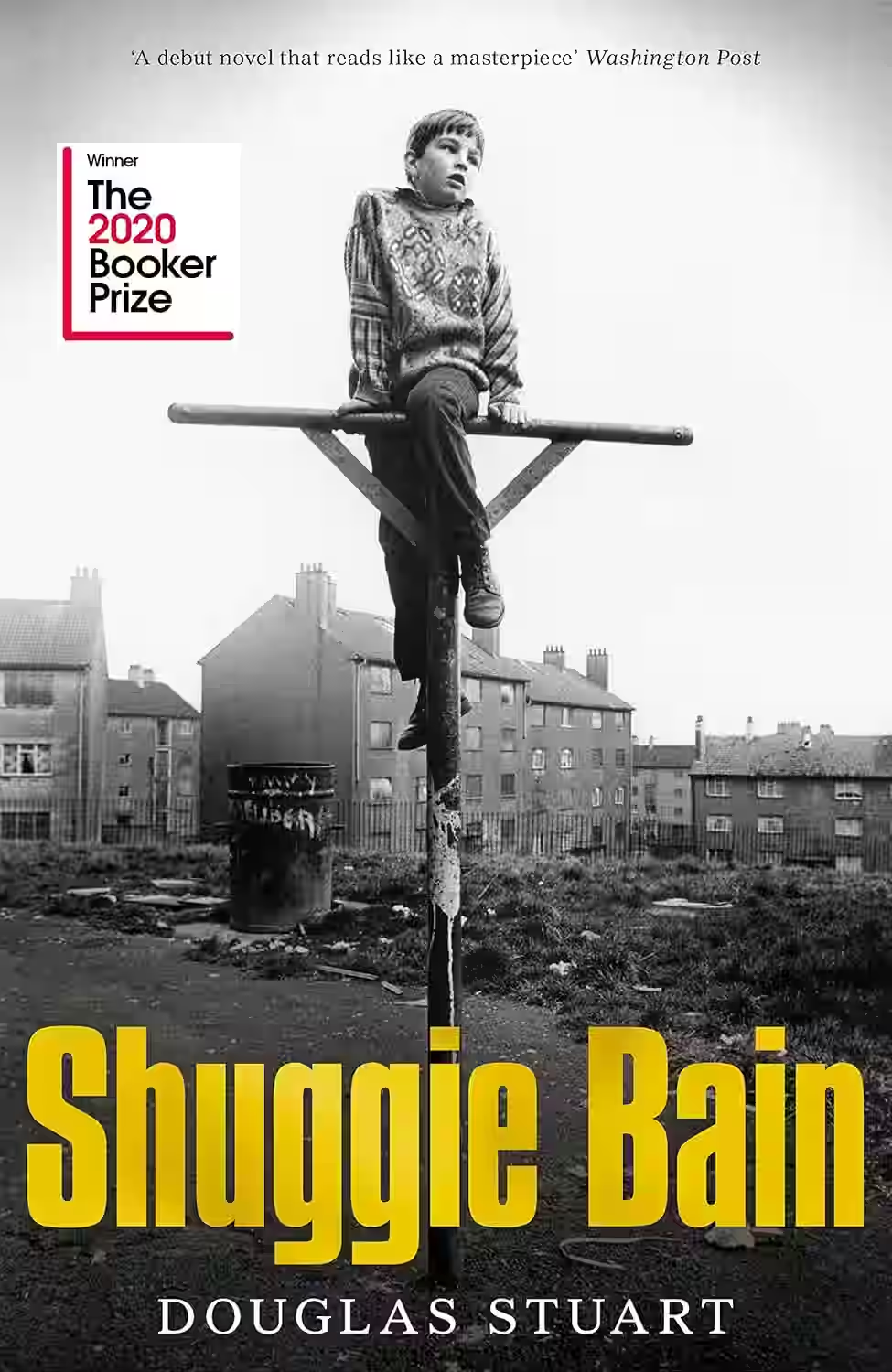
Douglas Stuart's Shuggie Bain portrays the harrowing coming-of-age of a young boy in 1980s Glasgow, navigating poverty and his mother's alcoholism. Shuggie's unwavering love for his mother, Agnes, anchors the narrative as he grapples with his identity and the harsh realities of his environment. The novel offers a raw and compassionate exploration of addiction, resilience, and the enduring bonds of family.
About Douglas Stuart
A Scottish-American author, who won the Booker Prize for his debut novel, Shuggie Bain. His work offers a raw and deeply empathetic portrayal of poverty, addiction, and love in working-class Glasgow during the Thatcher era. Stuart's lyrical prose and unflinching honesty in depicting difficult realities have earned him critical acclaim and a powerful voice in contemporary literary fiction.
Similar Books
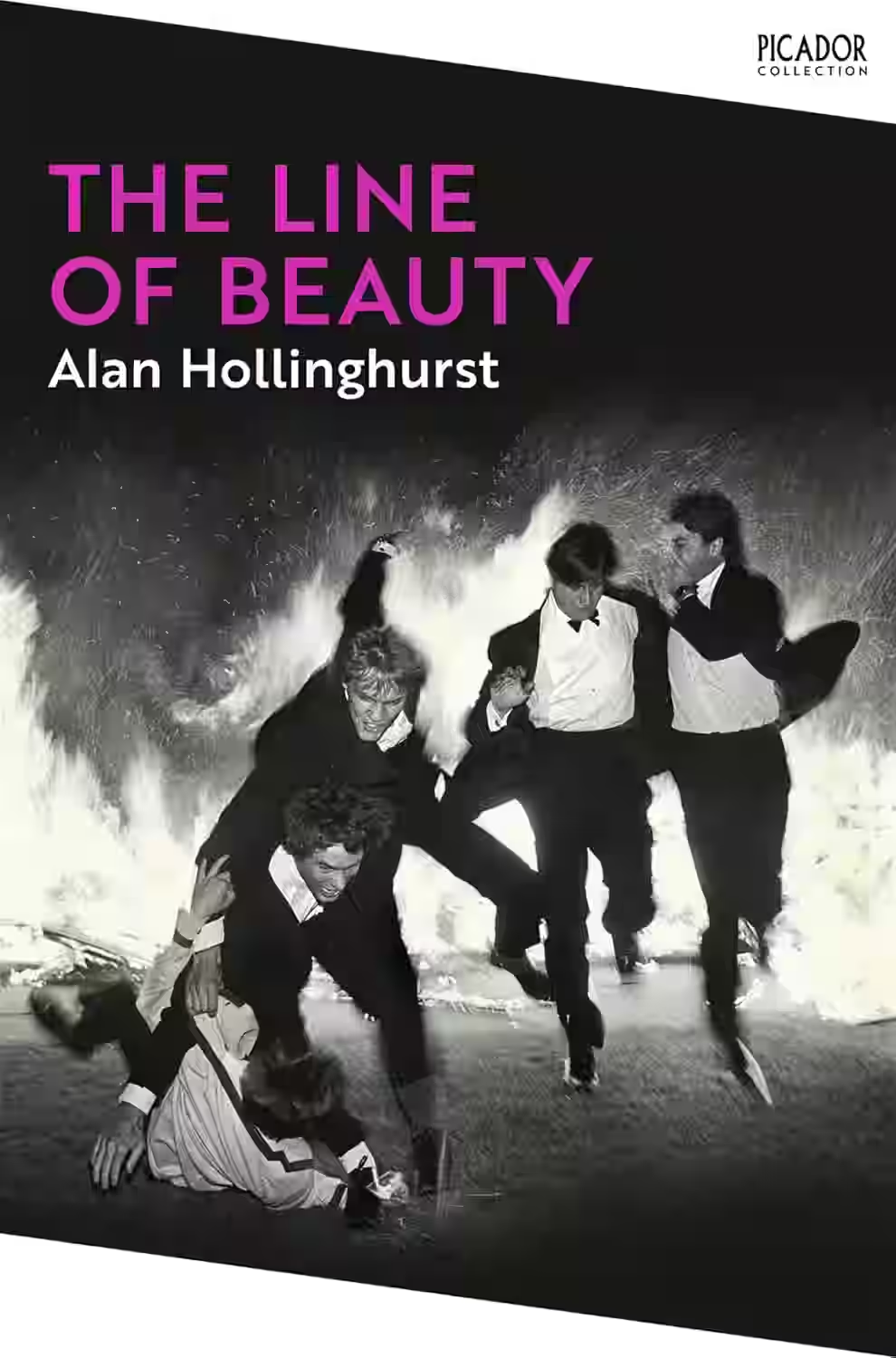
The Line of Beauty
Set in 1980s London, The Line of Beauty follows Nick Guest, a young gay man navigating the complexities of class, politics, and sexuality within the affluent Fedden family. As Nick becomes entangled in the family's social circles, he grapples with his identity and desires amidst the backdrop of Thatcher-era Britain. Hollinghurst's novel offers a satirical and intimate portrayal of privilege, hypocrisy, and the pursuit of beauty, culminating in a poignant exploration of love and loss during the AIDS crisis.
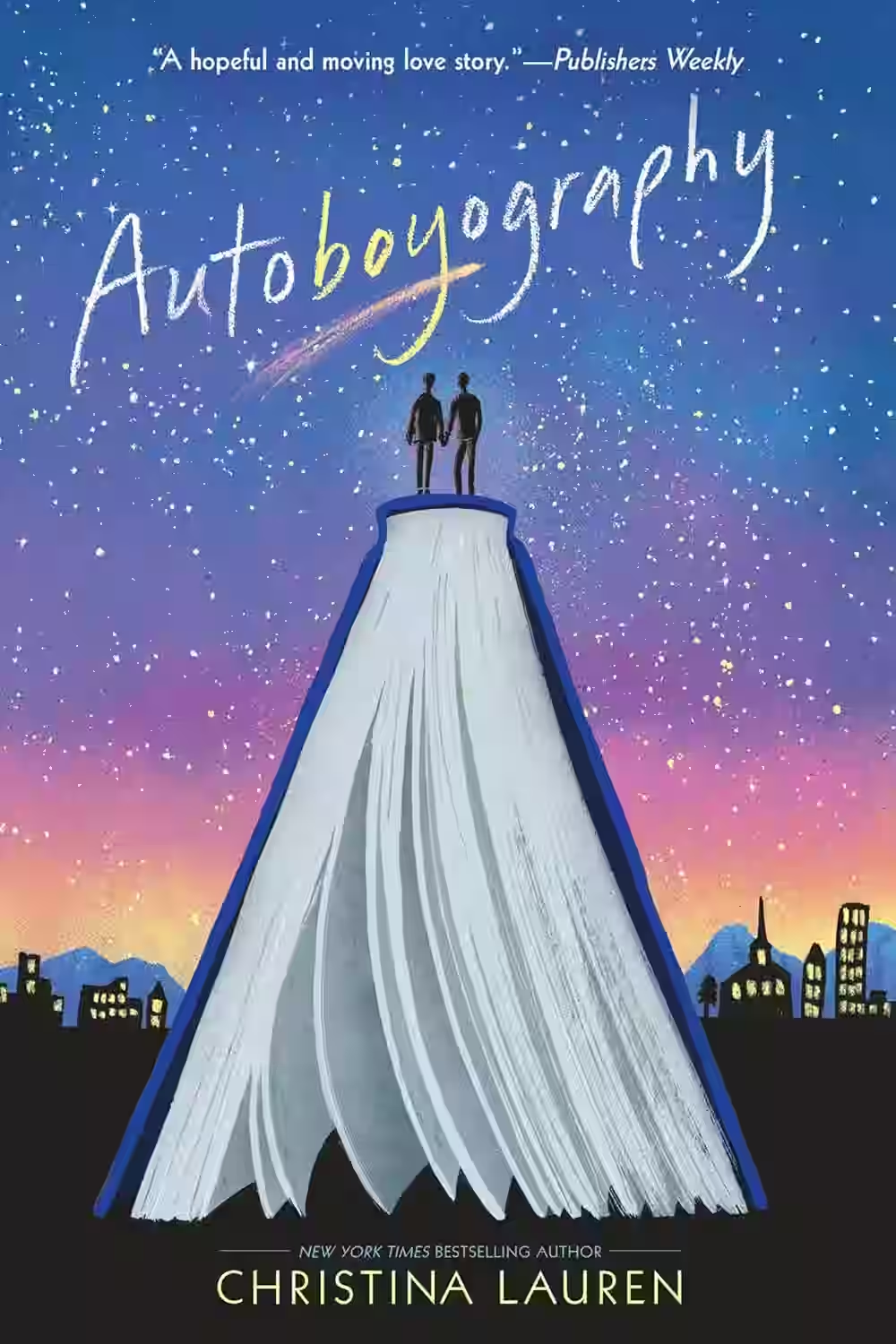
Autoboyography
In 'Autoboyography' by Christina Lauren, readers are introduced to Tanner Scott, a bisexual teenager who navigates the complexities of identity, love, and self-acceptance. Set in a conservative Mormon community in Utah, the novel explores Tanner's clandestine romance with Sebastian Brother, a Mormon prodigy who skyrockets to author fame. As Tanner dives into a prestigious seminar requiring him to write a book in four months, his story spirals into a realistic portrayal of heartache, societal pressure, and the courage to embrace one's truths. Skillfully written, the book entwines the tenderness of first love with the challenge of reconciling personal beliefs, making it an impactful narrative about love's transformative power and the universal search for belonging.
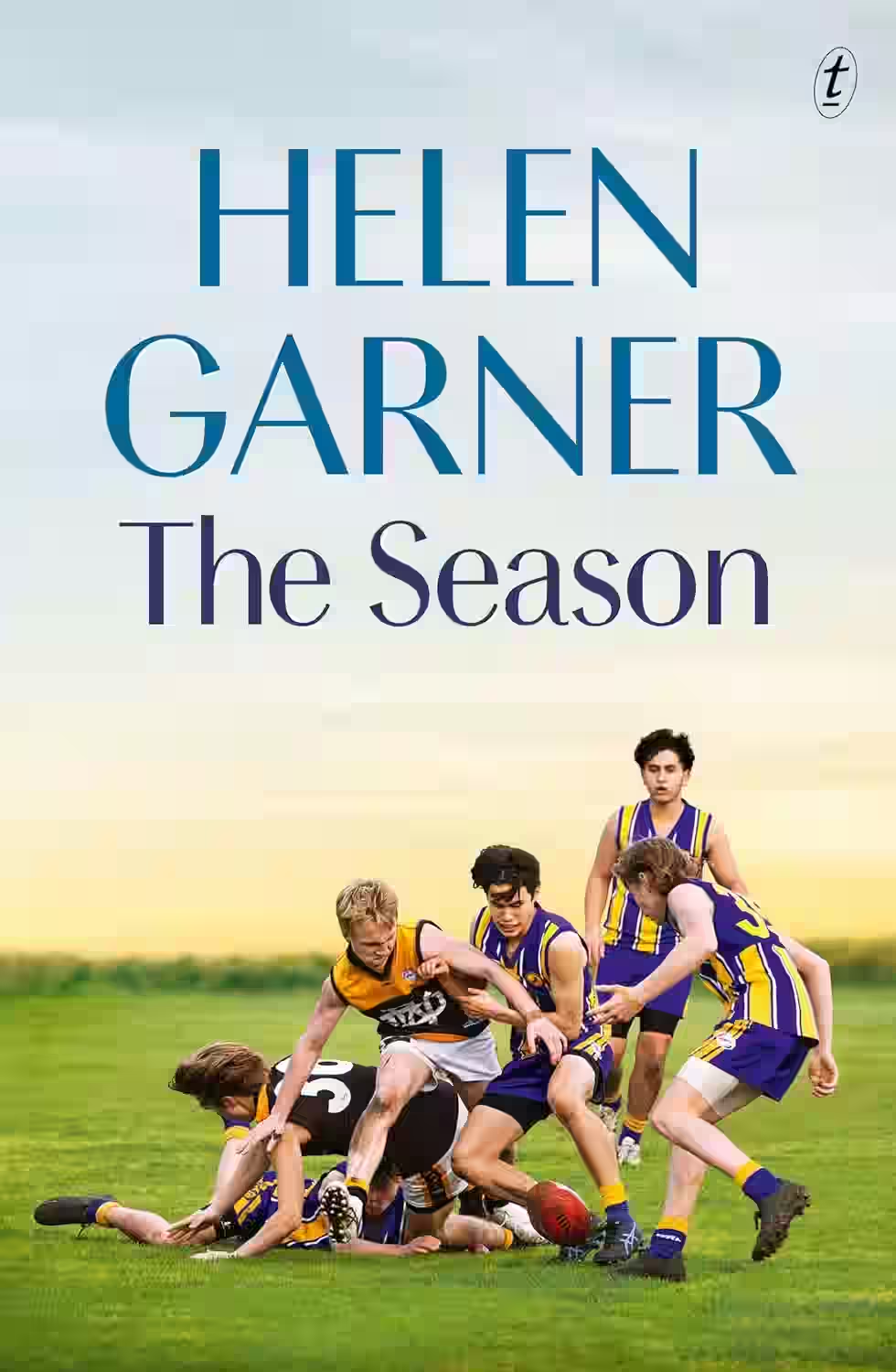
Monkey Grip
by Helen Garner
Helen Garner's Monkey Grip offers an intimate portrayal of life in 1970s Melbourne, focusing on single mother Nora and her tumultuous relationship with heroin addict Javo. Set against a backdrop of communal living and counterculture, the novel explores themes of love, addiction, and personal freedom. Garner's candid narrative delves into the complexities of human connections, highlighting the challenges of co-dependency and the search for identity. Through Nora's experiences, Monkey Grip captures the essence of a generation grappling with societal norms and personal desires.
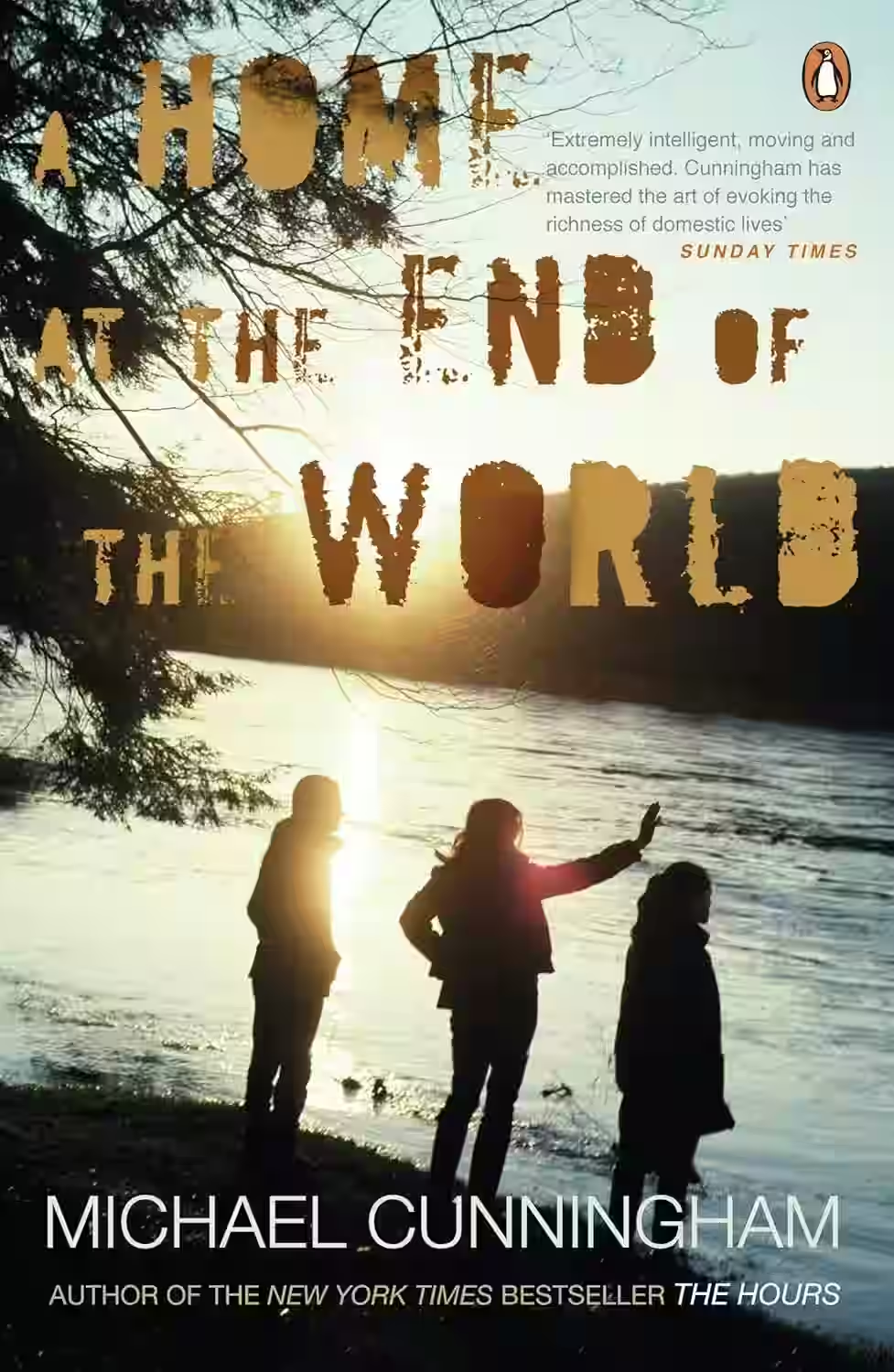
A Home at the End of the World
Michael Cunningham's "A Home at the End of the World" is a poignant exploration of unconventional families and the search for belonging. The novel follows the intertwined lives of two childhood friends, Bobby and Jonathan, as they navigate love, tragedy, and identity from adolescence into adulthood. Set in the backdrop of the 1960s through the 1980s, the story poignantly depicts how these characters' lives are affected by societal changes, personal struggles, and the AIDS epidemic. Cunningham's lyrical prose and intricate character development invite readers to reflect on the nature of relationships and the idea of home, highlighting the resilience of the human spirit amidst turmoil.